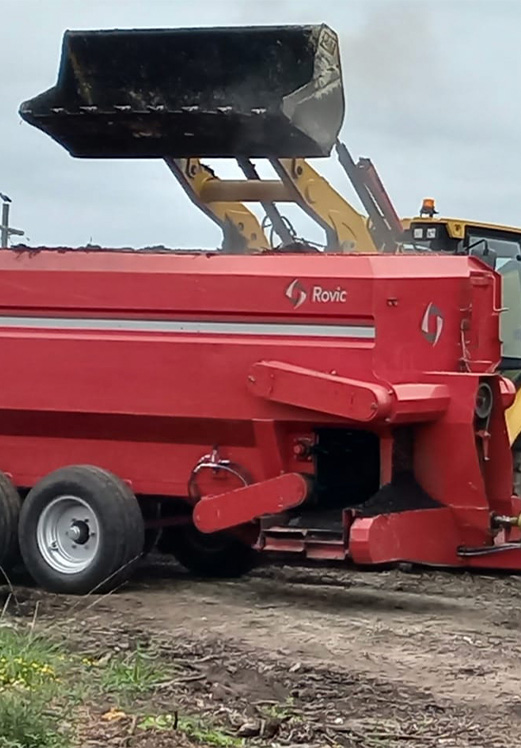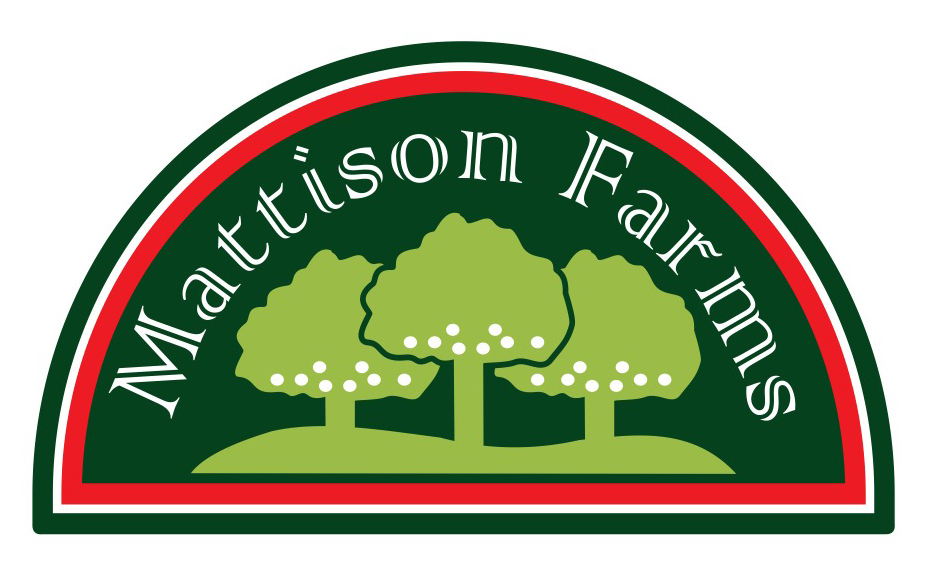Our
Production
Our orchards are comprised of a multitude of cultivars of which our most common include:
- Integrifolia and hybrids: 816, 788, 842, 791, 344, A4 and A16 which are grown to supply kernel.
- Tetraphylla: 695 (Beaumonts) which are grown to satisfy our Dry In Shell market.

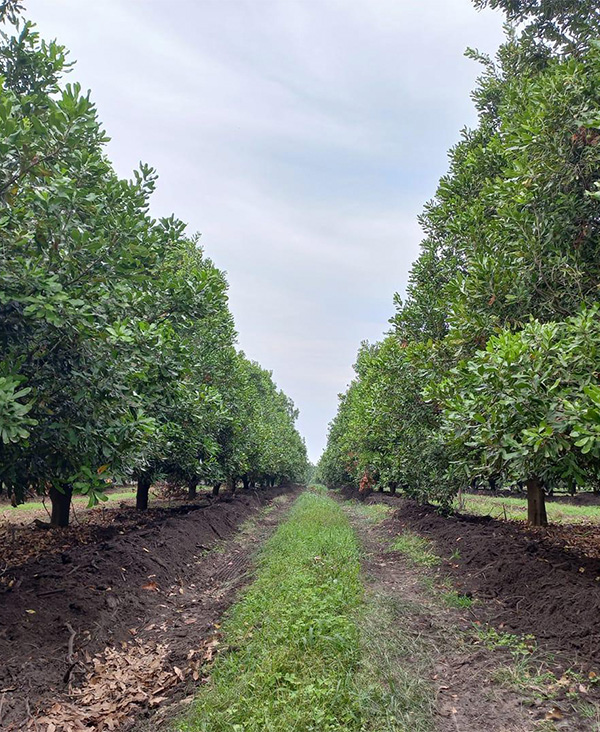
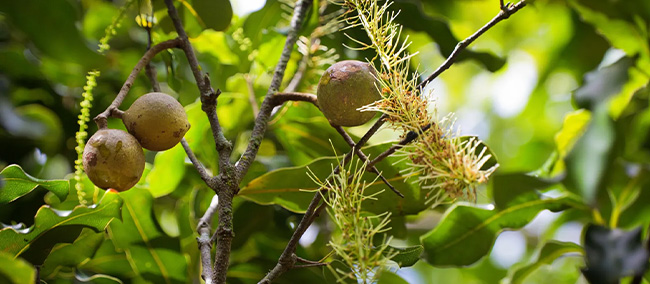

OUR PRODUCTION
Regenerative Soil Practices
We consider these 3 aspects of soil health as being equally important for the health and sustainability of our trees. Some of the regenerative practices include: Ripping to aerate, break up compaction layers and create an environment conducive to the growth of roots and microbes, whilst ensuring effective drainage and nutrient utilisation.
We apply large quantities of woody mulch, up to 100 tons per hectare, to stimulate root production, maintain surface moisture and provide a food source to beneficial microbes.


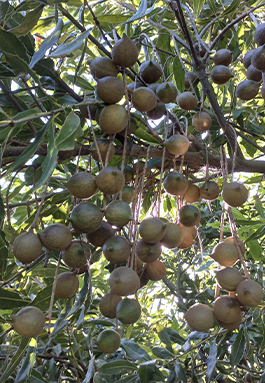
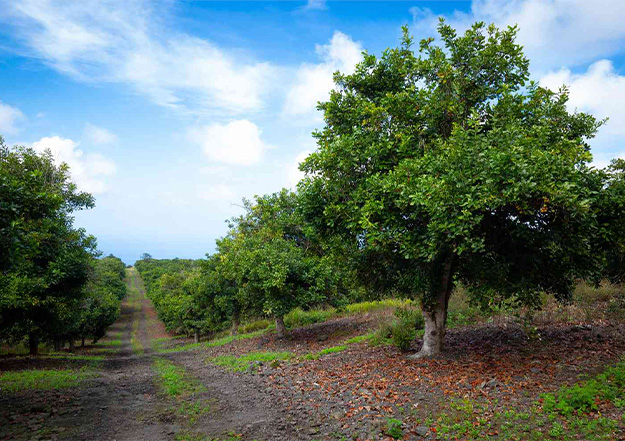

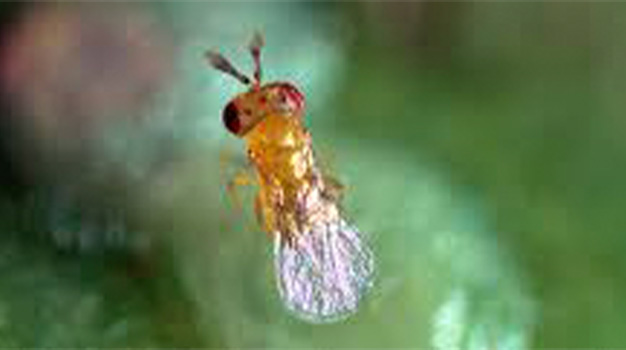
PEST & DISEASE CONTROL
IPM Pest and Disease Control
We have been at the forefront of the use of predatory insects to control 3 of our major pests in our Macadamias. We have also incorporated a virus complex to control Macadamia Nut Borer. These have enabled us to significantly reduce chemical sprays and moved strongly into the Biological pest control arena.
WATER USAGE
Wise water Usage

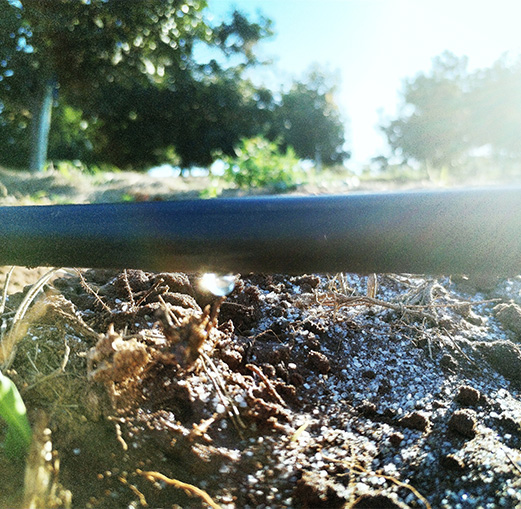
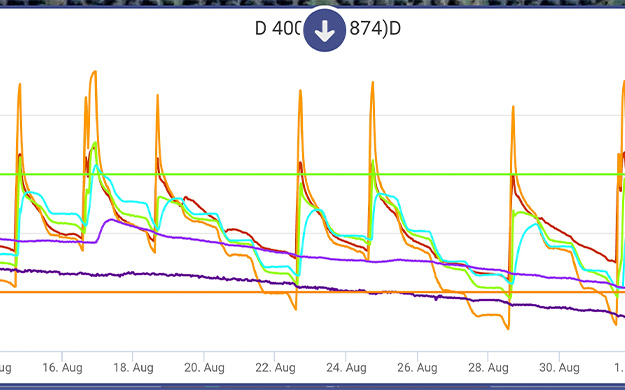
PRECISION NUTRIENT DETERMINATIONS
Precision Nutrient Determinations
PRECISION CHEMICAL
Precision chemical and fertiliser application
We utilise precision, variable speed/constant rate fertilizer applicators to ensure accurate fertilisation and ensure even distribution. Our Tractors use the latest GPS systems to guide these spreaders. We also use GPS guidance systems for our soil micronutrient application and herbicide control. These systems ensure efficiency and keep costs lower.
We run approximately 170 hectares of Low Flow Drip fed Macadamias. These trees are fed through very modern, state of the art automated fertigation systems, where all nutrients, both Macro and Micro, are injected through the irrigation lines, essentially providing enriched water at a pre-determined ratio. Moisture Probes are used to constantly monitor water use throughout the soil profile and together with weather prediction data, formulate irrigation schedules on a daily basis.

